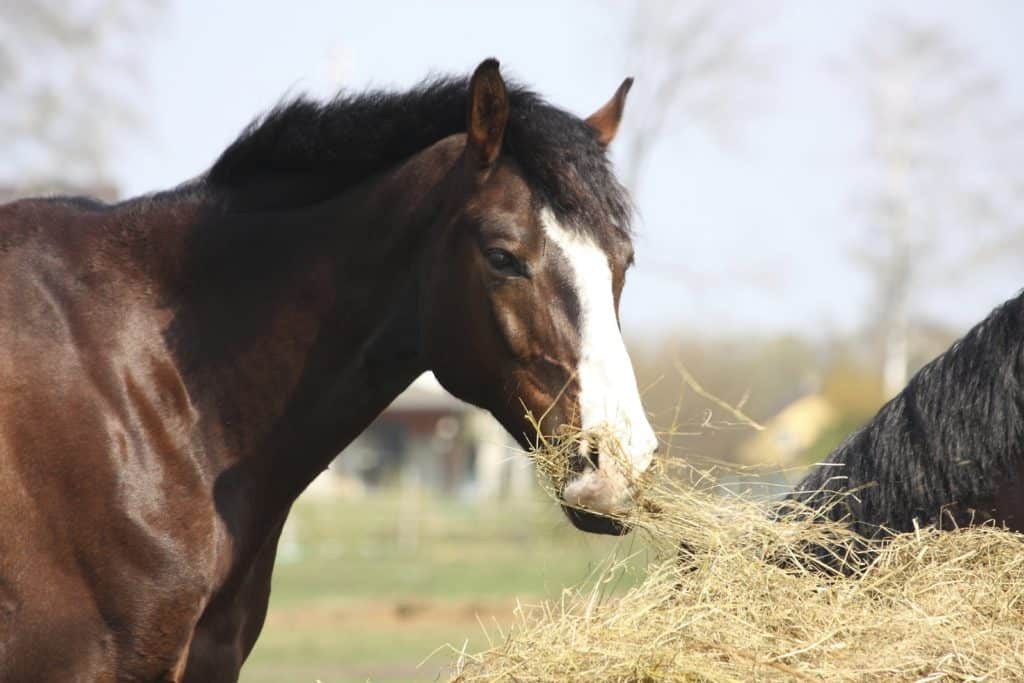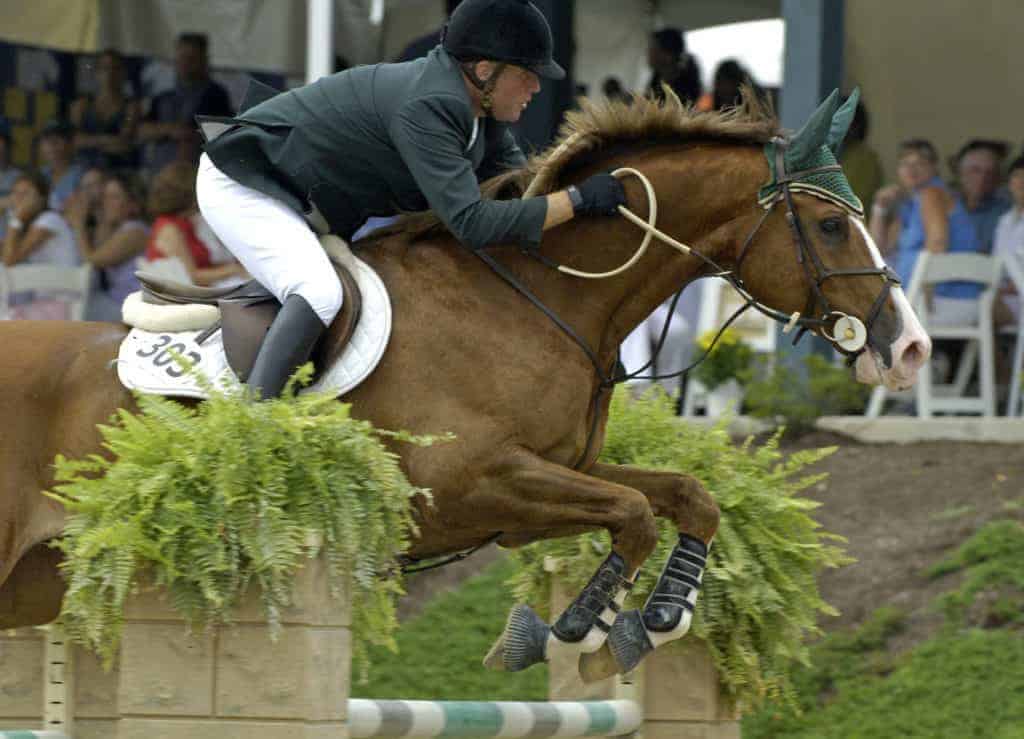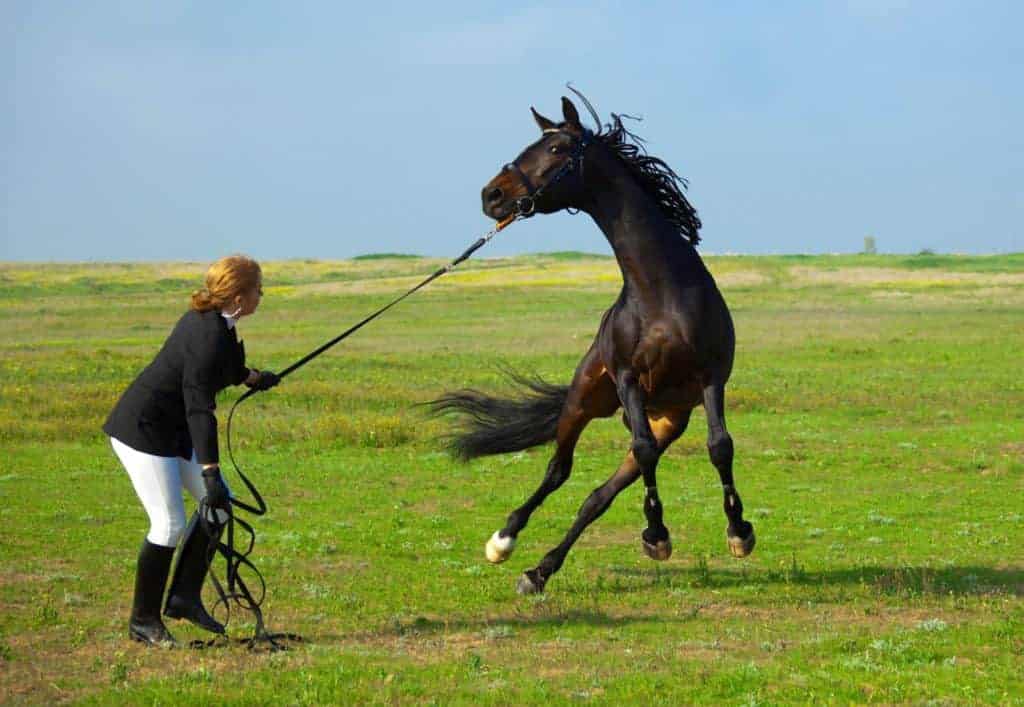
Planning for Your Horse’s Show Season Success
Three top sports medicine veterinarians say the best way to stay competitive is by developing a proactive approach to managing every aspect of your horse’s health and soundness.

Three top sports medicine veterinarians say the best way to stay competitive is by developing a proactive approach to managing every aspect of your horse’s health and soundness.

In the face of gastric ulcer risk factors, omeprazole protected horses’ stomach lining better than sucralfate alone.

Consider these nutritional factors when formulating your horse’s diet to avoid GI issues such as equine squamous gastric disease.

Dr. Alicia Long describes behavioral signs a horse with gastric ulcers might exhibit.

What’s the best way to help soothe a horse’s stomach while he’s getting bute or other NSAIDs? Dr. Alicia Long of the University of Pennsylvania offers advice.

Learn how gastric ulcers affect equine performance and the best ways for treating them in actively competing horses.

An Italian researcher outlines the stresses high-performance horses face during transport and what horse owners and managers can do to help.

Traditionally, some riders withheld feed from their horses prior to training or competition. We now know better. Nutritionist Dr. Clair Thunes explains.

Dr. Frank Andrews shares insight into how likely a horse is to have gastric ulcers. His answer might surprise you.

Is your horse cinchy or unthrifty? Learn about EGUS, which affects an estimated 50-90% of horses.

Nutritionist Dr. Clair Thunes talks about the best ways to keep horses fueled and hydrated during competition.

Italian researchers found higher-placed haynets significantly shorten horses’ back muscles and change their jaw angles as they eat.

Behavior and performance changes that could be associated with gastric ulcers in horses should prompt further veterinary investigation.

Here’s what to expect if your horse needs to undergo gastroscopy, the only surefire way to check for equine gastric ulcers.

Traveling to horse shows (and clinics) can cause your horse stress and put him at risk for behavioral issues, gastric upset, and infectious disease.

A study found omeprazole protected horses against phenylbutazone-induced equine glandular gastric disease but might exacerbate phenylbutazone-induced intestinal disease.
Stay on top of the most recent Horse Health news with
"*" indicates required fields